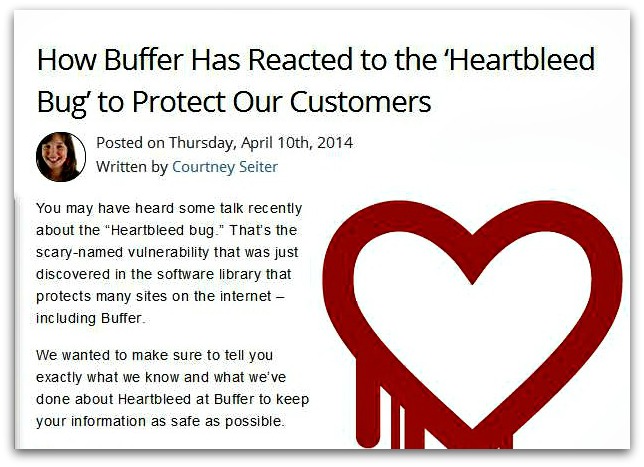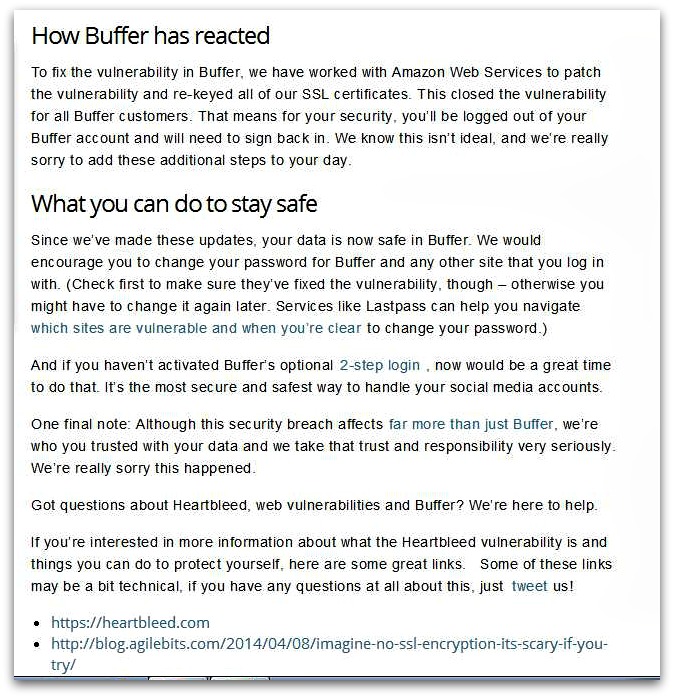

Having an online presence has its advantages when it comes to healthcare marketing, but it does come with some risks. Patients can share their experiences online with the click of a mouse and their comments travel quickly through their social network. Journalists, ever-ready for a news scoop, may pick up on the story and run with it. A crisis can then escalate rapidly and you need to be ready to remedy the situation without delay. The only way to do this is to have a crisis plan already in place.
Knowing how to maintain an online reputation is an essential component of healthcare marketing. Today’s article will show you how to put an effective crisis response strategy in place for your healthcare brand.
Crisis management involves dealing with threats before, during, and after they have occurred.Let’s look at these three stages in more detail.
Stage 1 Preparation
Proactively prepare by developing a crisis response plan. The following elements are involved.
#1 Crisis Definition
First, define what constitutes a crisis. Three elements are common to a crisis (a) a threat to the organization, (b) the element of surprise, and (c) a short decision time. *
A crisis can fall into several categories including:
(a) Technological (eg; your website has been hacked);
(b) Confrontation (disgruntled employee, client, or patient attacks you online);
(c) Rumours (eg; spreading false information about you, your product or service online);
(d) Malevolence (eg; In 1982, a murderer added cyanide to some Tylenol capsules on store shelves, killing seven people).
#2 Monitor Online Chatter
An effective social media strategy requires active listening to the online chatter about your healthcare organization. Should a crisis occur, listening to the conversation will help you shape a more insightful and effective response. Responding in real time to issues strengthens public perception that your focus is firmly on patient satisfaction. In addition, use monitoring to find the healthcare conversations you can add value to. Investing in community building online now will pay dividends in the form of support should a crisis hit you.
There are many free and paid monitoring tools available to you. These tools vary in scope and range across number of sites, real-time or delayed searching, sophistication of analytics, flexibility of data presentation, integration with other applications, and of course, price. When it comes to reputation management, choose a tool that does more than just track mentions of your name. You need to be able to evaluate the sentiments (the ratio of mentions that are positive to those that are negative) attached to the mentions. Social Mention is a free monitoring tool which includes sentiment. Tweets that include words like “not working,” “fail” or “poor experience” should be resolved immediately.
#3 Create a Written Plan
The plan should include the following:
- Clear guidlelines on how to respond to each of the different situations outlined above in #1
- Links to your terms of service.
- Who should respond – establish a clear chain of command and list contact information.
- Make sure every member of your team knows this plan is in place, how to access it, and how to put the plan into action.
Stage 2: Action
Now’s the time to put your carefully crafted crisis plan into place. The following are key considerations:
- Determine the exact nature of the crisis. How and where did it originate? How is it affecting your patients or clients?
- Go to the source. Find where the complaint originated and with whom. Determine their sphere of influence. If a blogger has published something that is untrue or misrepresentative of you, ask them to remove, amend, or modify the piece if this is appropriate.
- Be respectful, polite and engaged. Never get into a public argument or talk down to anyone.
- Be as transparent as possible as quickly as possible. Acknowledge that you are aware of the situation and that you are dealing with it straight away.
- Respond swiftly and appropriately. Every moment counts on social media. The longer you wait, the more the conversation will heat up. Twitter, in particular, is a place where people expect a quick response no matter what time of day.
- Don’t lie or try to hide the truth; admit when the fault is yours.
- Use the same channel you were criticzed on to respond.
- Don’t censor or remove the critical comments that appear on your social media platforms. Tempting as this may appear, it will only fan the flames of the social media fire.
- Channel communication to your own website. Develop an area on your website or blog that houses the information about the crisis and what your organization is doing about it.
- Communicate your story. A story gets out of control when you haven’t told your side and people begin to speculate. While you can’t control the story, you can provide the facts, information, and access to key people that allow journalists and bloggers to help you frame it in the right way.
Here is a current example of an excellent response to a breach of online security. Buffer responded to this week’s Heartbleed bug by informing its users of the steps it has taken to protect their information on the Buffer website.

 And judging by the following comments, Buffer’s audience is reassured by these measures.
And judging by the following comments, Buffer’s audience is reassured by these measures.

Stage 3: Review
When it’s all over, go over what happened. Ask yourself the following questions:
- How well did you handle the situation?
- Did it escalate to a bigger problem than it was?
- What could you have done differently?
- Was there any damage control that could be done afterwards?
Prepare to deliver on your word. Make changes based on feedback if those changes are warranted and if you have promised to put them in place. If handled well a crisis may even turn out to be an opportunity to show your commitment to your patients and consumers. Remember the Tylenol example above? Johnson & Johnson recalled and destroyed 31 million capsules at a cost of $100 million. The CEO appeared in television ads and at news conferences informing consumers of the company’s actions. Tamper-resistant packaging was quickly introduced, and Tylenol sales swiftly bounced back to near pre-crisis levels.
While you can’t control everything that happens on social media, you can control your response. The best way to handle a crisis is to have your response plan in place. If you haven’t already made one, then do it today.
Logo by Marie Otskua
*Seeger, M. W.; Sellnow, T. L., & Ulmer, R. R. (1998). “Communication, organization and crisis”. Communication Yearbook 21: 231–275.







